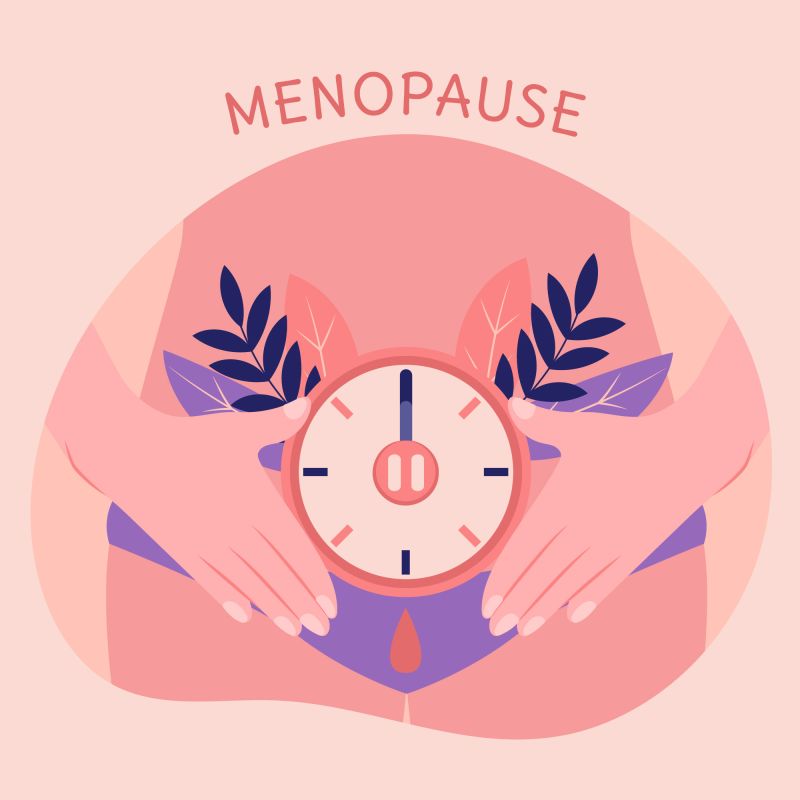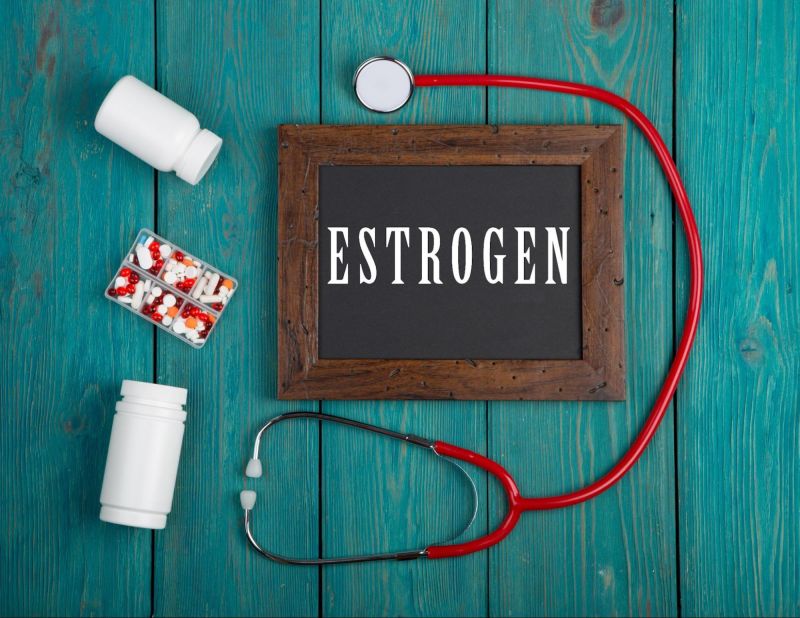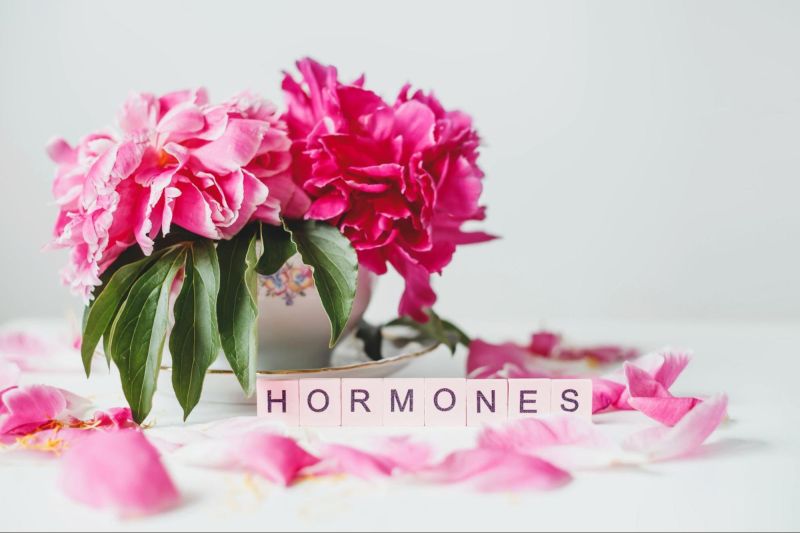What Is Menopause? All Your Questions Answered
The menopause. It’s rarely discussed and often misunderstood, yet it’s something half the population of the world experiences.
Most people know about the hot flashes but are stumped about when, why, or how it happens.
Learning about this important time in a woman’s life and how to make it as smooth as possible benefits women all over the world, and puts focus on what is often overlooked in the world of sexual health: female experience!
Here is your introductory guide for everything you need to know about menopause.

What is menopause?
Menopause marks the end of a woman’s menstrual cycles and reproductive years. The term refers to the time after your periods have stopped. It is officially diagnosed after 12 months of having no menstrual cycle.
What is menopause? It’s a completely natural biological process that happens to anyone with ovaries. It occurs due to a natural decline in reproductive hormones. Usually, around the late 30s, your ovaries produce less estrogen and progesterone - the hormones regulating menstruation - and eventually stop producing eggs.
Is it different from perimenopause?
The symptoms of menopause and perimenopause are often confused. What is perimenopause?
Perimenopause refers to the years or months leading up to menopause, a time in which your body is making its transition, and in which many women experience symptoms like hot flashes, mood changes, and irregular periods.
When does menopause start for most women?
Perimenopause (menopausal transition) typically begins between the ages of 45 and 55. The average age of menopause in the US is 51. It can be as long as 14 years but generally lasts around 7.

What is early menopause?
Early menopause simply refers to menopause that happens between the ages of 40 and 45. Menopause that happens before 40 is called premature menopause.
Menopause symptoms: what does it feel like and how do I know it’s started?
Many women experience symptoms during perimenopause. Symptoms happen in response to your body adjusting to changing hormone levels.
Symptoms can include hot flashes, vaginal dryness, night sweats, insomnia, irregular periods, mood changes, weight gain, reduced sex drive, thinning hair, and dry skin.
Are treatments available? What are they?
Menopausal symptoms can be uncomfortable or unpleasant, but fear not! There is a range of natural and manufactured remedies to make life a little easier.
Common menopause treatments are hormone therapy and medications directed at specific symptoms, such as vaginal estrogen for dryness, or clonidine patches for hot flashes. Talk with your doctors to decide on the best course of action for you.

Are there natural remedies for menopause?
Self-care couldn’t be more important during this time. Get enough sleep, practice relaxation techniques, strengthen your pelvic floor, eat a balanced diet, and don’t forget to be kind to yourself!
What are the stages of menopause?
There are 3 stages of menopause: perimenopause, menopause, and postmenopause. Perimenopause is the transition phase between having periods and being fertile and having none.
Menopause is the time when your periods have stopped for a year. Postmenopause refers to the time after your menopause has occurred, which will be the rest of your life.
What happens during postmenopause?
You won’t have any periods! You won’t be able to become pregnant, and your hormones will remain at a consistently low level. Women in this stage can be at a heightened risk of depression and mental health conditions, changing vaginal health, heart conditions, and osteoporosis.

Can you get pregnant during or postmenopause?
It is still possible, though unlikely, to get pregnant during perimenopause. The pregnancy rate during perimenopause for women aged 40-44 is 10-20%, and 12% for women aged 45-49. Only around 5 out of 100 women having unprotected sex over the age of 50 will become pregnant.
Once you’ve reached menopause and your periods have stopped completely, you can no longer conceive a child, and birth control is no longer necessary because your hormone levels are not high enough and you no longer ovulate.
What’s the deal with sex before and during menopause?
Women can experience a decreased libido and lessened sensitivity during perimenopause, meaning they might want to have less sex. This is totally normal.
Of course, sex isn’t impossible, and you might find your sex drive not affected at all.
Menopause is a great time to explore different forms of intimacy, discover what kinds of touch really work for you, and explore things that can enhance your pleasure, like sex toys and lubricants.
Can a woman have an orgasm after menopause?
During postmenopause, these symptoms can continue. However, it is totally possible to have an orgasm, and great sex, postmenopause.

“Male menopause”: do men go through it, too?
“Male menopause” is an unhelpful term, because it suggests that men experience the same sudden hormone decline and symptoms as women during middle age.
While testosterone levels do decline as men get older, it is at a slow and steady rate, so men do not experience the sudden onset of symptoms women do. Some men can experience symptoms like mood swings, loss of muscle mass, and insomnia in their late 40s and early 50s, though these changes go unnoticed by most.
Men are still able to produce viable sperm well into their later years, but there is a slow decrease in the chances of conception after the age of 40.
Our bodies are constantly changing, and menopause is just another stage of life. Remember that it doesn’t have to mean the end of sex or pleasure. For many people, it’s quite the opposite.









